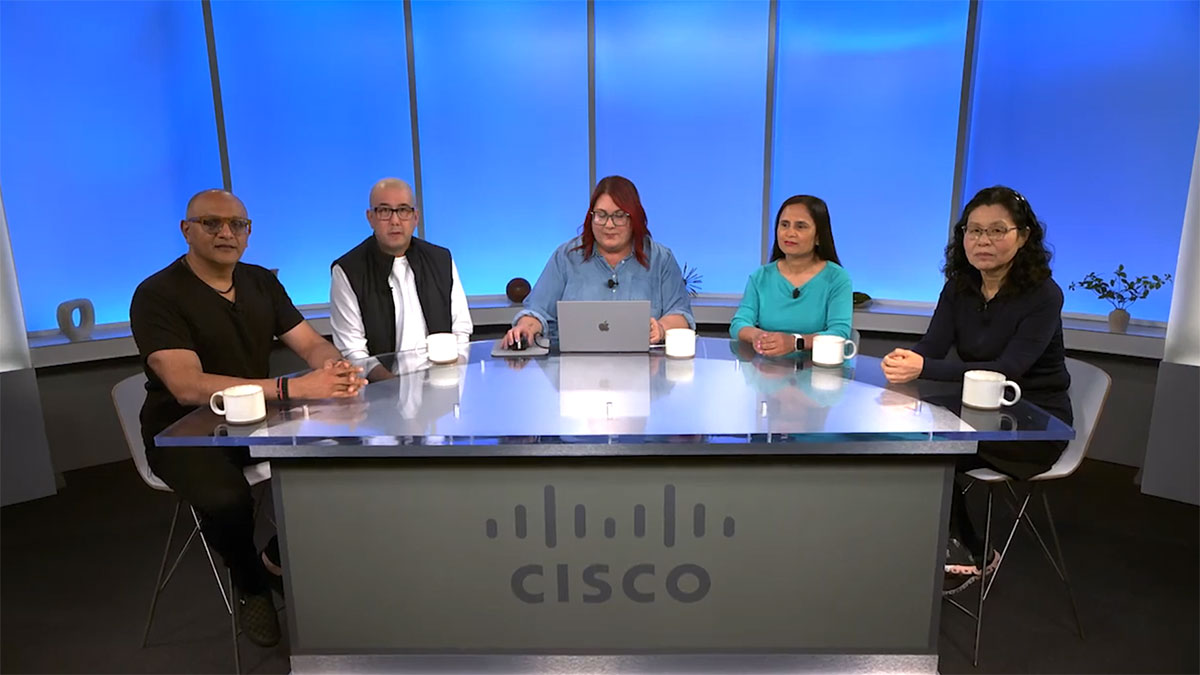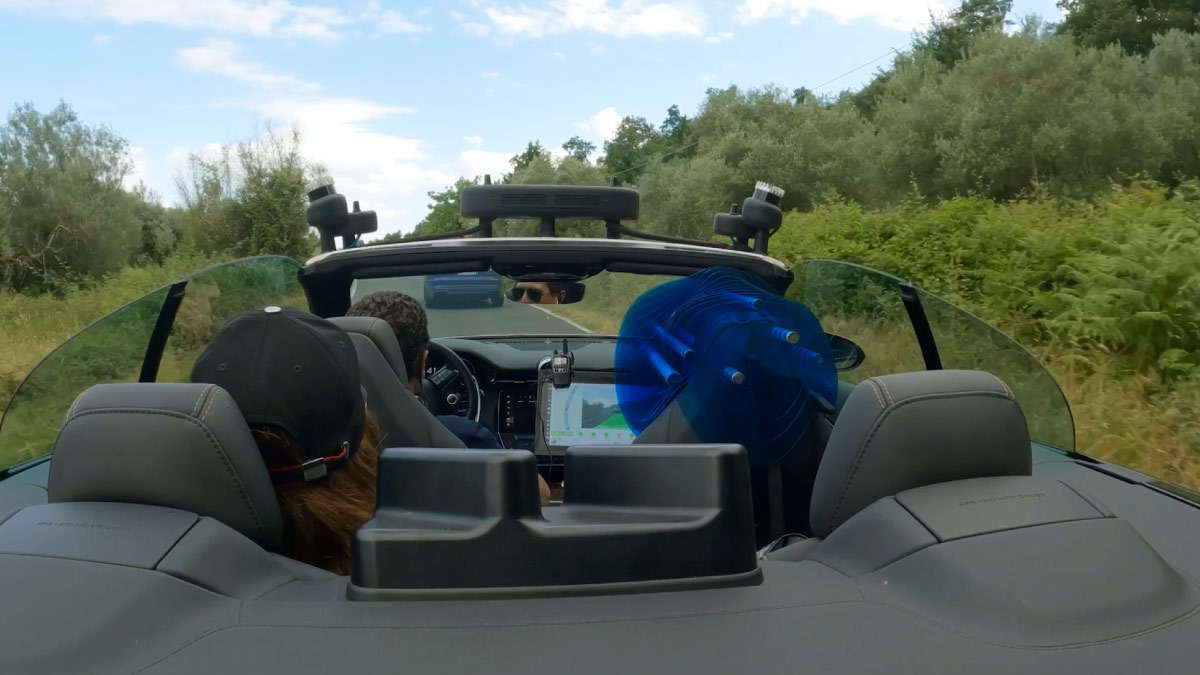April 9, 1998 - The Corporation for Education Network Initiatives in California (CENIC) today announced it has completed agreements with technology partners to provide the equipment and communications services to build the CalREN-2 high-performance, next generation Internet in California. Pacific Bell and Qwest Communications will provide the high speed network connections and Cisco Systems will supply the routing and switching equipment. CalREN-2 is California's segment of the national Internet2 project.
CENIC is a not-for-profit corporation formed by the California Institute of Technology, the California State University, Stanford University, the University of California, and the University of Southern California. The mission of CENIC is to advance the use of communications technology in the enhancement of teaching, learning, and research at California's institutions of higher education.
The CalREN-2 network is the first project led by CENIC. It will enable new research and educational applications (see Attachment) that do not work effectively over the existing public Internet. Reaching across CalREN-2, researchers will collaborate and conduct simulation experiments in real-time, students in science courses will access remote instruments and receive multimedia instruction, and clinicians at university medical centers will receive and transmit high-precision images for remote diagnosis -- all performing without hesitation.
CalREN-2 will become operational in pilot mode this Spring, with full production service scheduled before the end of the 1998.
"CalREN-2 is the culmination of intense planning and cooperation among California's leading universities" said M. Stuart Lynn, President and Chairman of the Board of CENIC. "It will place California's higher educational institutions at the forefront in exploiting advanced communications technology in support of teaching and research. The technology leadership of Cisco, Pacific Bell, and Qwest is critical to this goal, and we are delighted that they will be our close working partners."
CalREN-2 will interconnect CENIC Associate institutions at speeds ranging from 622 to 2,400 million bits per second. At the higher of these speeds, an entire thirty volume encyclopedia could be transmitted in less than 2 seconds.
Pacific Bell, and Qwest Communications are teaming to provide very high speed fiber-optic-based communications services for the CalREN-2 network. Northern Telecom will provide, under contract with the CENIC carrier partners, the equipment that translates between the fiber optic network and CalREN-2 networking equipment.
Cisco Systems will provide its most advanced Internet products to CENIC for the CalREN-2 network. Cisco will work with CENIC engineers to enhance the capabilities of these products to provide guaranteed levels of service -- so that, for example, a multimedia conference can be carried out across the network smoothly and without interference from lower priority traffic. This will make possible more wide spread use of applications that support video or audio communication over the Internet.
"CalREN-2 brings a much needed high performance network to California's universities" said Sid Karin, Director of the National Partnership for Advanced Computational Infrastructure (NPACI) whose California membership coincides with CENIC's associates. Research scientists and students will be able to use NPACI's distributed resources including high-performance computing architectures at UC San Diego, Caltech, and UC Berkeley and massive data resources at UCLA -- for challenging problems such as simulating the global environment, creating a Digital Sky, or mapping electrical pathways through the brain."
Planning for CalREN-2 began in September 1996. Awards from the National Science Foundation (NSF), announced in 1997 and 1998, provided the seed funding to initiate development of the network. CalREN-2 will be connected to the NSF's Very High Performance Backbone Network System (vBNS) which also provides backbone services to Internet2, and to commercial Internet service providers (ISP's) for access to the regular Internet.
Internet2 is a project of the University Corporation for Advanced Internet Development (UCAID), a collaborative effort among over 100 of the nation's leading universities to nurture a new generation of advanced education and research applications. These include remote laboratories, telecollaboration, telemedicine, and digital libraries. CENIC Associate institutions are also members of UCAID.
CalREN-2 will also interconnect with other advanced research networks, such as the NASA Sciences Internet and the U.S. Department of Energy's ESNET. The three national research laboratories managed by the University of California are part of ESNET: the Lawrence Livermore National Laboratory, the Lawrence Berkeley National Laboratory, and the Los Alamos National Laboratory. NASA's Jet Propulsion Laboratory (JPL), managed by Caltech, will also be part of CalREN-2, as will the University of Southern California's Information Sciences Institute (ISI).
Cisco Systems
Cisco Systems, Inc. (NASDAQ: CSCO) is the worldwide leader in networking for the Internet. News and information are available at http://www.cisco.com.
Cisco, Cisco Systems, and the Cisco Systems logo are registered trademarks of Cisco Systems, Inc. in the U.S. and certain other countries. All other trademarks mentioned in this document are the property of their respective owners.




